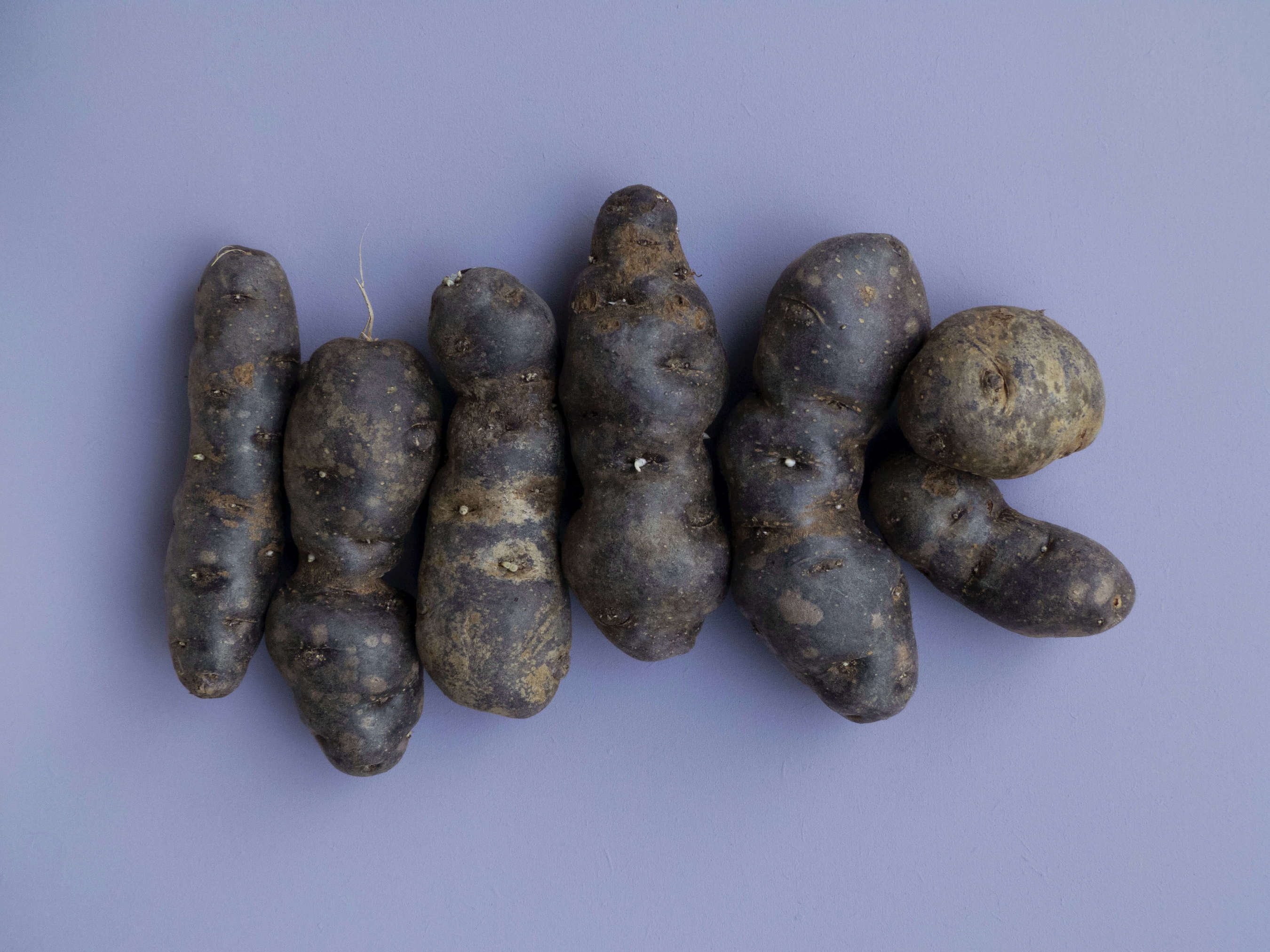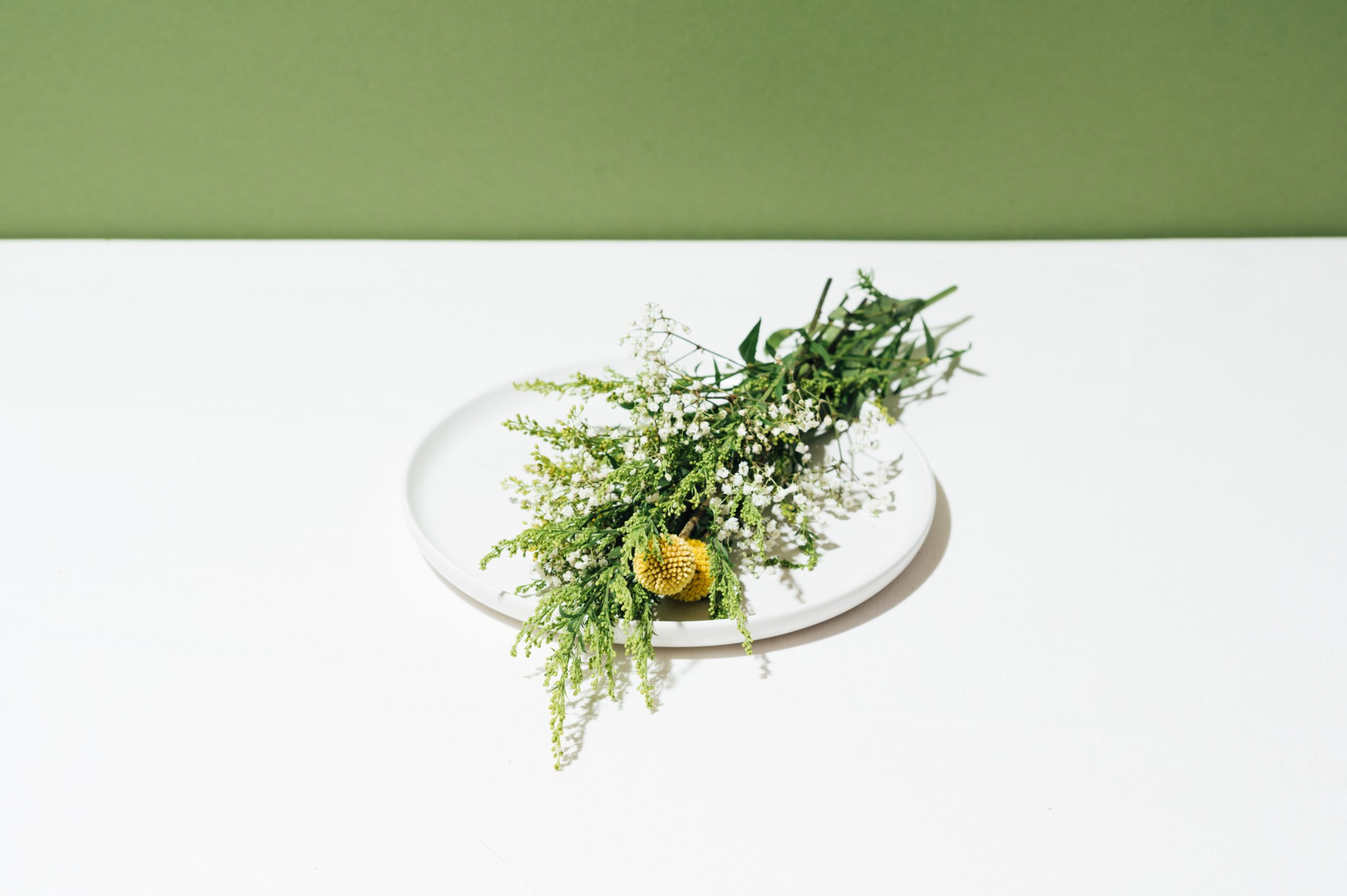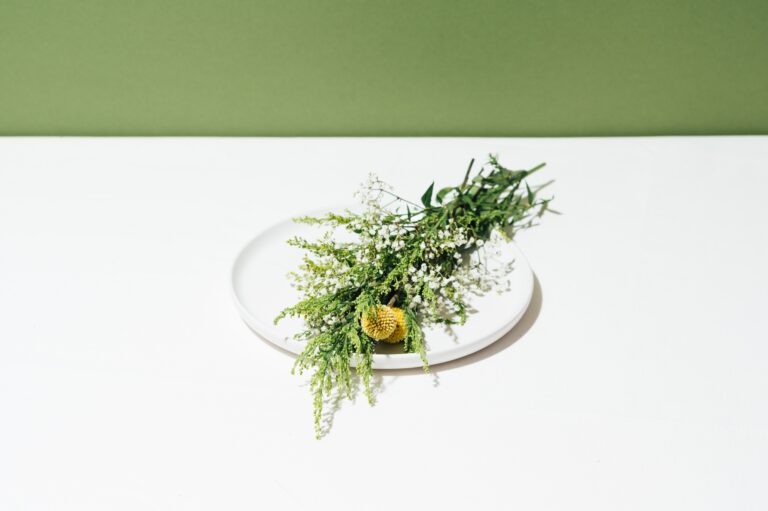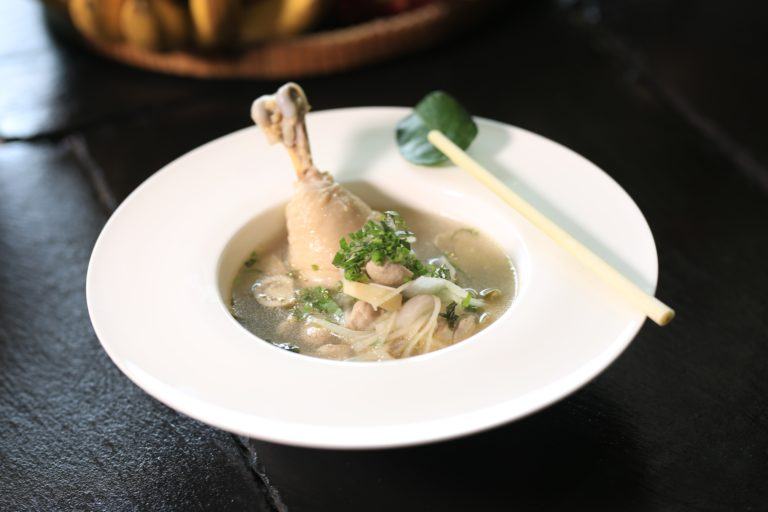We are coming into the time of winter and today marks the change with the Winter Solstice. The days feel very short, and the darkness of night is arriving so soon. It’s a time of slowing down and going inward, in order to preserve energy and seek warmth.
In Chinese medicine, winter is associated with the element of Water, which relates to the kidneys and bladder. It is not uncommon that at this time weaknesses in those organs manifest. For instance, the adrenal function will be tested this time of year and for many working long stressful days energy reserves will feel diminished. Here are some other typical manifestations of kidney qi depletion: asthma, weakness in the low back or knees, loose stools, increased urination, water retention, and lowered libido.
What we eat during the winter can offer deep nourishment. Since the kidneys are seen as the storehouse of energy and vitality of the body, the foods we eat during winter should emphasize salty and bitter flavors because of their ability to help sink and center, therefore increasing our capacity for storage. Paul Pitchford, the author of Healing with Whole Foods, also talks about how such foods can cool the surface of the body by driving warmth into a deeper level so we feel cold less. Bitter foods such as quinoa, watercress, endive, celery, turnip, escarole, rye, and alfalfa should be included regularly in meals.
With salty foods, there is a caution of not overindulging as that begins to deplete the kidneys more. The typical American diet is heavily salty, though not from the beneficial sources of salt such as seaweeds, miso, sardines, millet, and barley.
Warming foods overall are best to focus on while stepping back from the many overly cold foods not as appropriate this time of year. I always recommend for my patients to cut back on salads, sushi, iced drinks, and dairy in general, as they are all energetically cold and use up too much energy to metabolize.
Here are some beneficial warming foods and spices appropriate for nourishment in the winter
- Walnuts
- Clove
- Ginger
- Cinnamon bark
- Black beans
- Onion/leek/scallion/garlic/chive
- Lamb
- Chicken
- Salmon
- Trout
- Mussels
- Fennel
- Sweet potato
- Royal Jelly & Bee Pollen
- Almonds
- Chestnuts
- Microalgae – Spirulina, Chlorella, Wild Blue Green Algae
- Lentils
- Mushrooms
- Brown rice
- Oats
- Turmeric
Focus on simple, well cooked meals to encourage easy digestion, such as soups and stews. It’s natural to want to hibernate so spend more time cooking at home rather than eating out. That’s also the best way to ensure that good things go into your body. If you’re a carnivore like I am, remember that only organic hormone free meat is worth eating, anything else isn’t nourishing but can be rather toxic.






